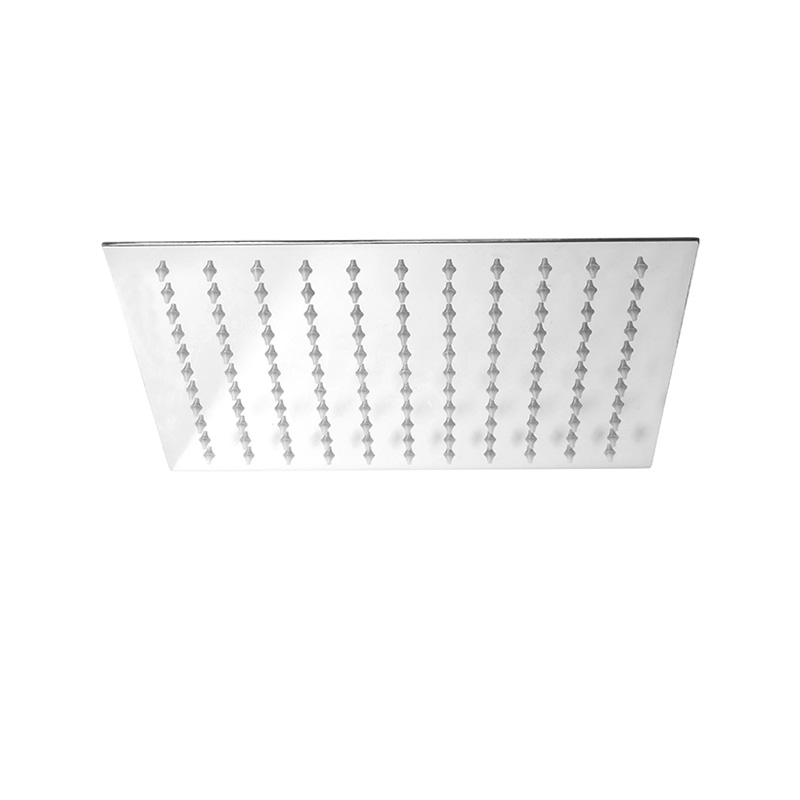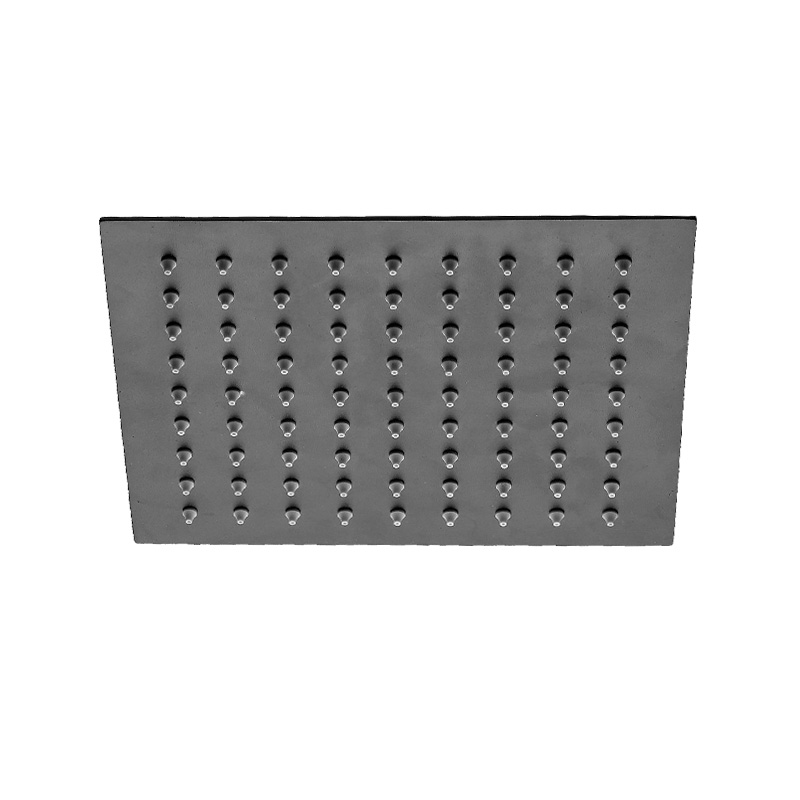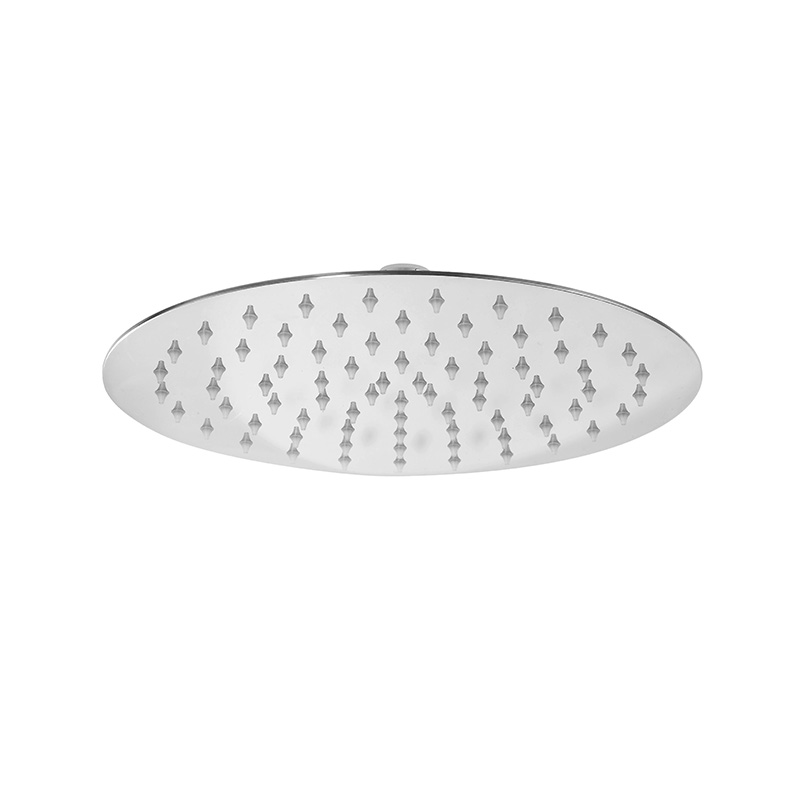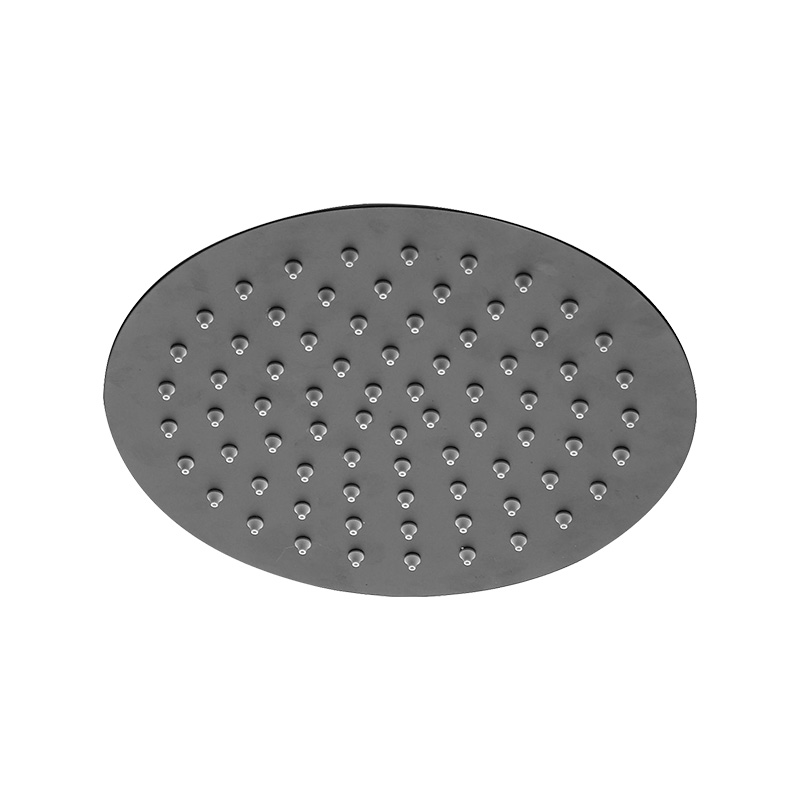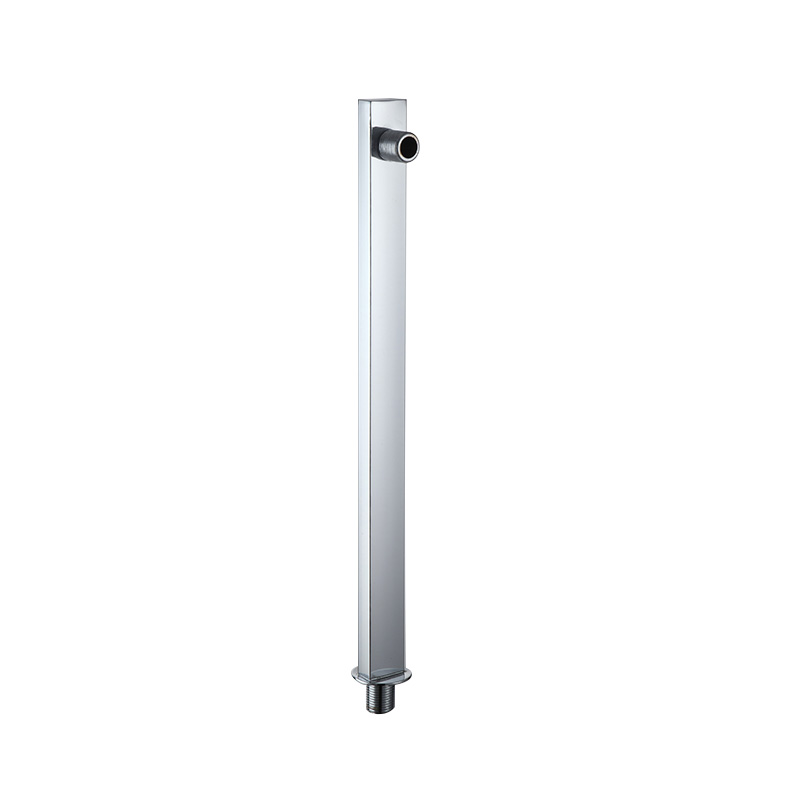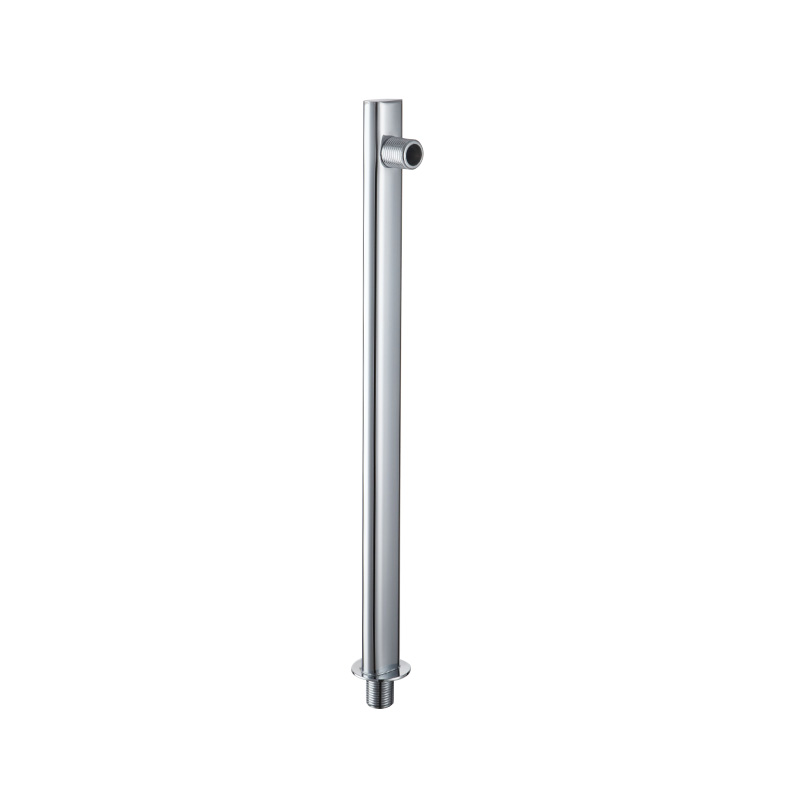Unclogging a shower pipe can be a daunting task, but with the right approach and tools, it can be manageable. There are numerous methods available to tackle blockages, ranging from simple household remedies to more professional solutions.
1. Use Caustic Soda
One of the common methods to unclog a shower pipe is using caustic soda. Start by pouring a specific amount of caustic soda directly into the shower pipe. Follow this by adding hot water, which helps to activate the caustic soda, promoting the decomposition of oil stains and other blockages. However, caution is necessary as caustic soda is highly corrosive. Always wear gloves and ensure proper ventilation when using this method. It's particularly effective for stubborn grease clogs but should be used sparingly to avoid damage to the pipes.
2. Use a Pipe Unclogging Agent
Another effective method to unclog a shower pipe is to use a commercially available pipe unclogging agent. These agents are specifically designed to break down various types of blockages. Follow the instructions on the product label, which usually involves pouring a measured amount of the agent into the shower pipe and waiting for a specified period. It’s crucial to note that some unclogging agents are not suitable for plastic pipes and can cause damage. Therefore, always check the compatibility with your pipe material before use.
3. Use an Air Pump
An air pump can be a handy tool for unclogging a shower pipe. Start by plugging the hose of the air pump into the blocked shower pipe. Fill the hose with clean water and then inflate the air pump. The pressure created by the air pump helps to push the blockage through the pipe, clearing the way for water flow. This method is particularly useful for minor blockages and can be repeated if necessary.
4. Use Hot Water and Vinegar
A natural and eco-friendly method to unclog a shower pipe involves using hot water and vinegar. Begin by turning off the power supply to your shower and closing the triangular valve. Mix hot water with vinegar and pour it down the shower pipe through a hose connection. This mixture helps to break down mineral deposits and other blockages. Allow the solution to sit for a while before flushing with clean water until the water runs clear. This method is gentle on the pipes and effective for mild to moderate blockages.
5. Use Baking Soda and Vinegar
Baking soda and vinegar are another powerful combination for unclogging a shower pipe. Pour baking soda directly into the shower pipe, followed by white vinegar. The chemical reaction between baking soda and vinegar creates a fizzing action that can break down blockages. Let the mixture stand for a while, then rinse the shower pipe with hot water. This method is safe for all types of pipes and is effective for a variety of blockages.
6. Use a Manual or Electric Pipe Unclogging Tool
For more severe blockages, a manual or electric pipe unclogging tool can be very effective. Insert the tool into the blocked shower pipe and rotate it while pushing forward to dislodge the blockage. These tools come in various sizes and can reach deep into the pipes. They are particularly useful for removing hair, soap scum, and other stubborn debris that can accumulate in shower pipes over time.
7. Use a High-Pressure Water Gun
A high-pressure water gun can be used to flush out blockages from a shower pipe. The powerful water flow generated by the gun can break apart and wash away the blockage, restoring normal water flow. This method is highly effective for clearing heavy build-ups and can be used as a preventative measure to keep pipes clear.
When choosing the right method to unclog a shower pipe, always consider the safety of the materials and the type of pipes you have. Avoid using materials that may cause damage to the pipes, and always wear gloves to protect your hands. Ensure the area is well-ventilated, especially when using chemical agents. If you cannot resolve the issue yourself, it is advisable to contact a professional plumber.

 English
English 中文简体
中文简体 عربى
عربى Español
Español